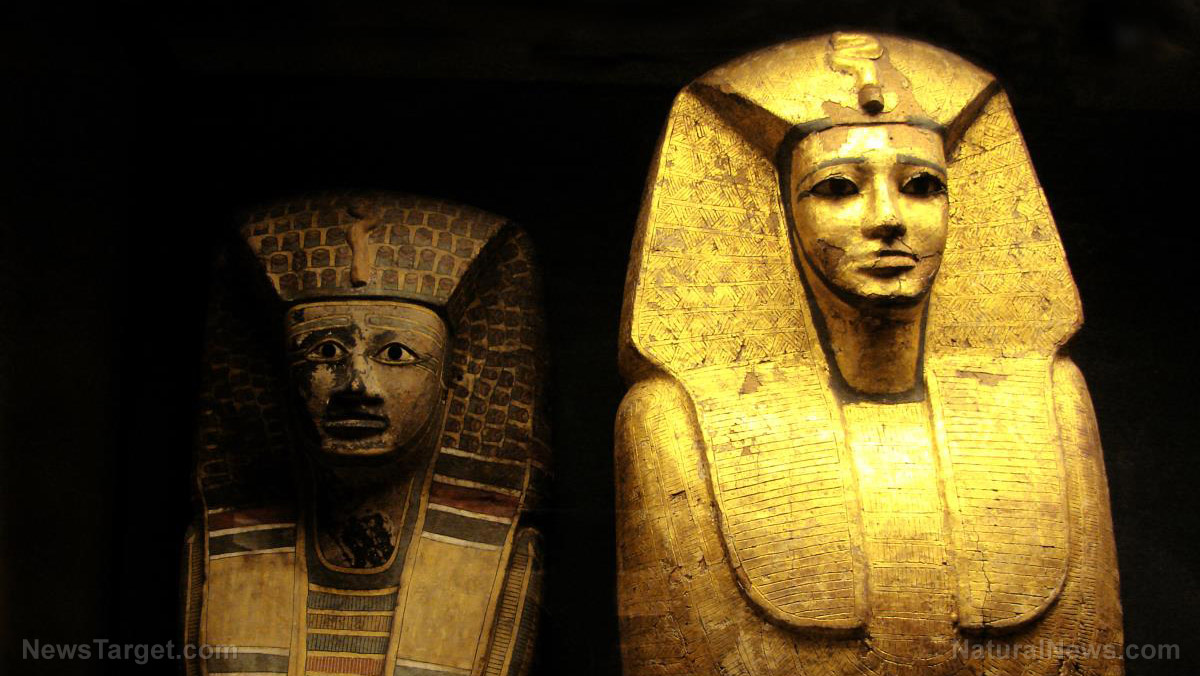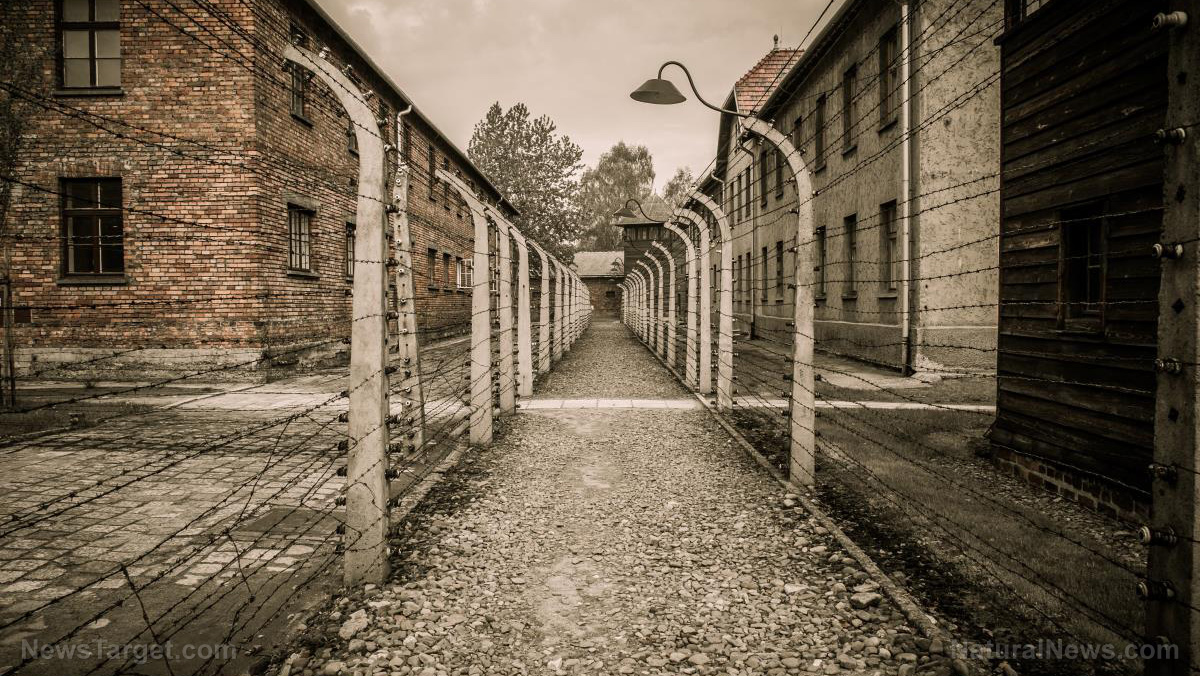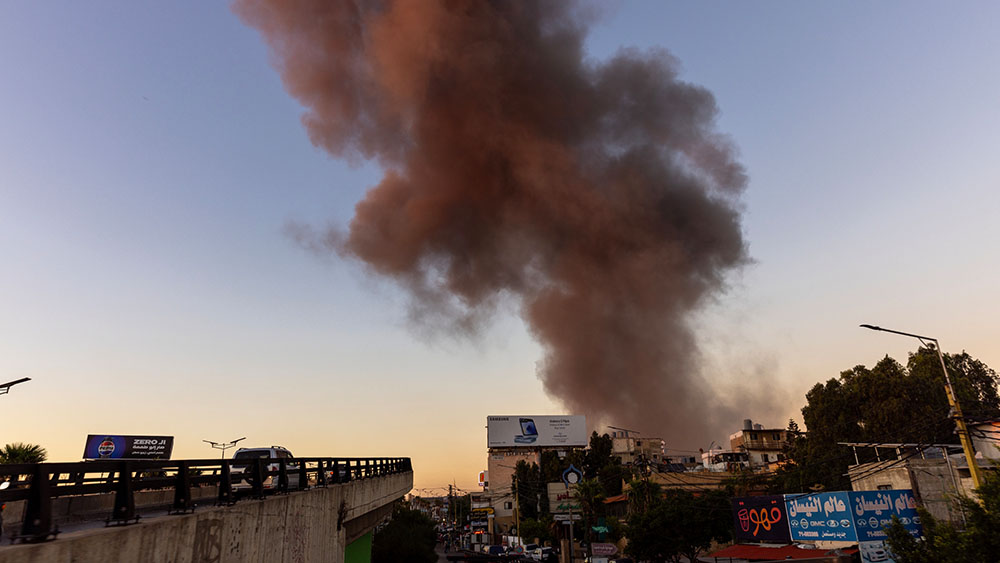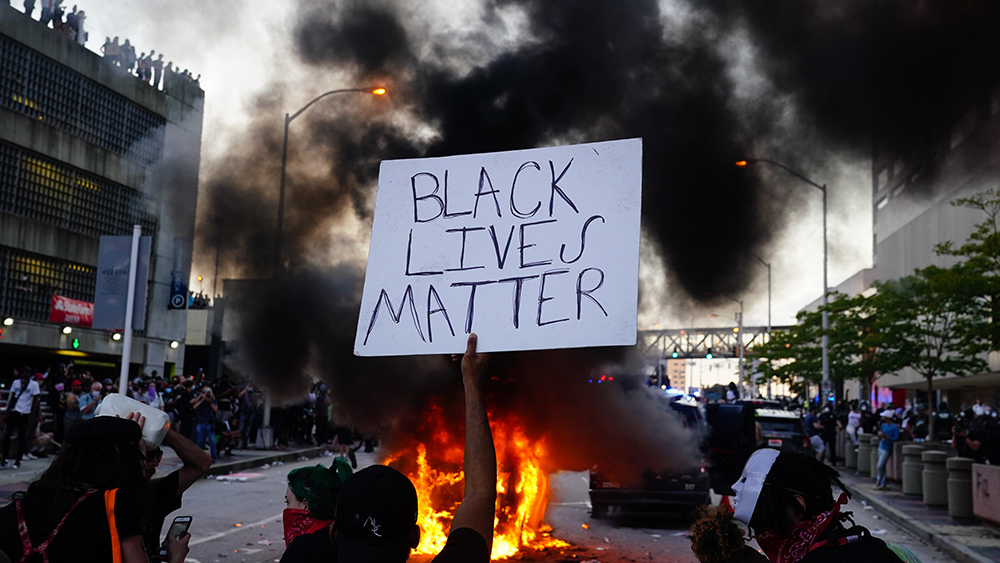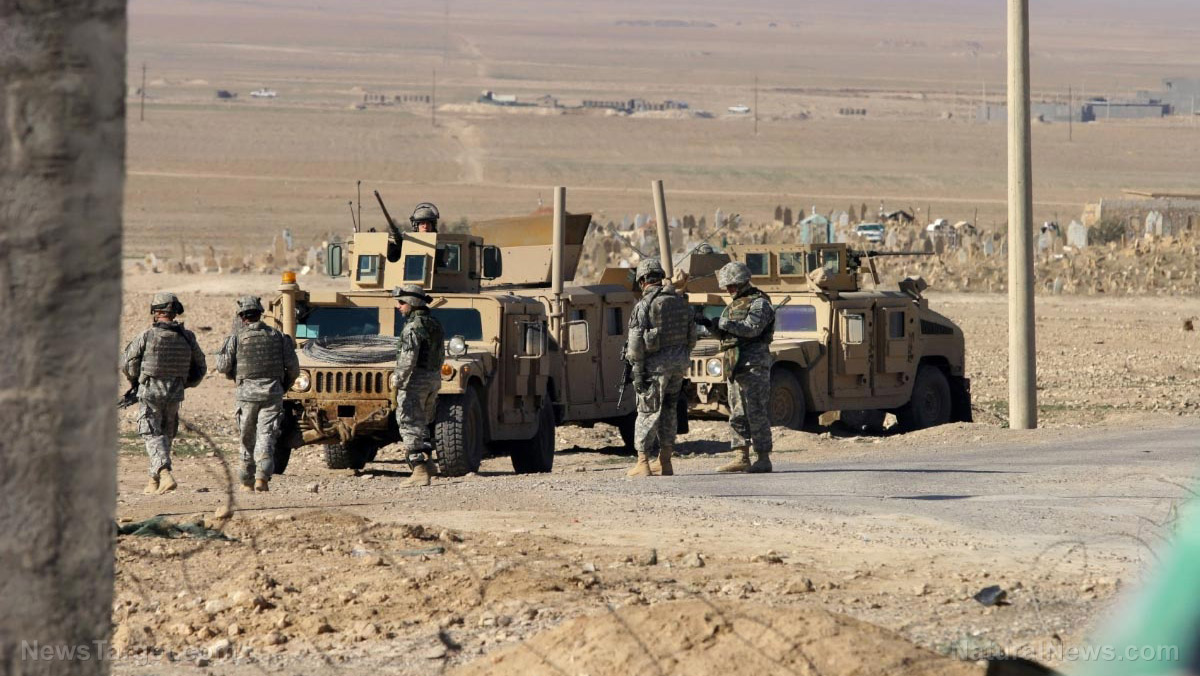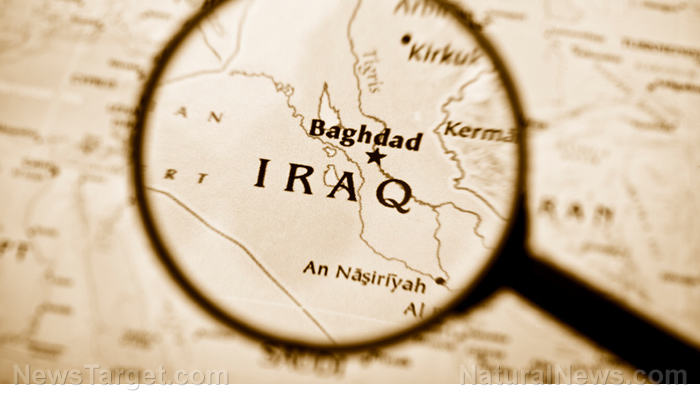Gulf of Tonkin incident: A LIE that launched a WAR
12/17/2024 / By Nolan Barton
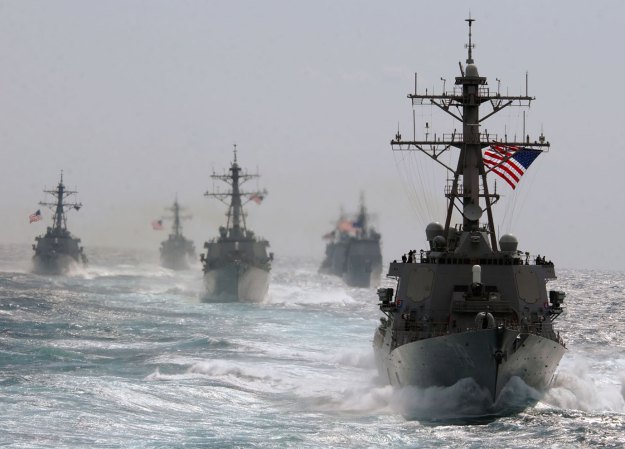
- The 1964 Gulf of Tonkin incident became a catalyst for escalating U.S. involvement in the Vietnam War. Historians and officials now believe the incident was exaggerated or completely made up to justify military intervention.
- In 1963, President John F. Kennedy planned to withdraw U.S. advisors from Vietnam, but his assassination led to Lyndon B. Johnson’s push for intervention. The U.S. and South Vietnamese conducted provocative commando raids (OPLAN 34A) designed to trigger a North Vietnamese response.
- On August 2, 1964, North Vietnamese patrol boats reportedly attacked the USS Maddox, which was conducting a naval espionage mission. The second incident on August 4, involving the USS Maddox and USS Turner Joy, was later deemed a pure fabrication according to declassified NSA studies.
- In response to these incidents, President Johnson swiftly secured the Gulf of Tonkin Resolution, granting him the authority to escalate the war in Vietnam. The resolution received near-unanimous Congressional support, with only two dissenting votes, raising concerns about the veracity of the event.
- The incident marked the beginning of an extensive and costly war, leading to millions of casualties. It underscores the potential for government deception to justify military actions, highlighting the need for critical thinking and vigilance in scrutiny of official narratives.
The 1964 Gulf of Tonkin incident, widely accepted as a fabricated event, set the stage for the United States’ deepening involvement in the Vietnam War. But the seeds of the Gulf of Tonkin incident were planted long before the events of August 1964.
In 1963, President John F. Kennedy had made it clear that he intended to withdraw U.S. advisors from Vietnam by the end of 1965. This plan, outlined in National Security Action Memorandum 263, was met with opposition from those within the U.S. government who believed a stronger military presence was necessary.
Kennedy’s assassination on November 22, 1963, abruptly ended this policy. His successor, Lyndon B. Johnson, was a strong advocate for U.S. intervention in the conflict, and he sought an opportunity to escalate the war without facing significant opposition.
False flag operation
On July 30, 1964, South Vietnamese forces, backed by the U.S., conducted a covert operation known as Operation Plan (OPLAN) 34A. This series of commando raids along the North Vietnamese coast aimed to gather intelligence and exert pressure on the North Vietnamese government. The raids were, by design, provocative and intended to create a pretext for a U.S. response.
On August 2, 1964, the U.S. destroyer USS Maddox conducted a naval espionage mission off the coast of Vietnam. In response to the OPLAN 34A raids, North Vietnamese patrol boats entered the Gulf of Tonkin and engaged the Maddox. Although the ship was heavily damaged and several crew members were injured, evidence later emerged that suggested the attack had been exaggerated or even fabricated.
On August 4, 1964, a second, largely disputed incident took place. The Maddox, along with the destroyer USS Turner Joy, reported being under fire from North Vietnamese torpedo boats. At the time, Johnson claimed that North Vietnam had launched a second unprovoked attack. However, later investigations, including a declassified study by the National Security Agency’s historian Robert Hanyok, concluded that the August 4 attack was a pure fabrication.
Gulf of Tonkin resolution
With the Gulf of Tonkin incident serving as a catalyst, Johnson swiftly moved to secure the permission of Congress to escalate the war. On August 7, 1964, Johnson requested and received the Gulf of Tonkin Resolution, which granted him the authority to take “all necessary measures” to protect U.S. forces in Vietnam and prevent further aggression. The resolution passed almost unanimously in both the House and the Senate, with only two dissenting votes.
This rapid legislative process raises concerns about the veracity of the incident itself. Senator Wayne Morse of Oregon, one of the two dissenting voices, warned that the resolution would mark “the greatest gamble in foreign policy in the history of the country.”
Aftermath and legacy
The Gulf of Tonkin incident was a pivotal moment in U.S. history, marking the beginning of an extensive and costly war that would claim the lives of millions and leave lasting scars on U.S. foreign policy. Historians now largely acknowledge that the event was a fabrication designed to justify a war that many in the government had long sought to wage.
The incident underscores a broader pattern of deception and manipulation that has plagued U.S. military interventions throughout history. From the Lusitania to the Iraq War, the American people have repeatedly been presented with “false flag” operations designed to create public support for military action. (Related: FALSE FLAG ATTEMPT? Missile that struck and killed 15 in busy Ukrainian marketplace was actually launched by Ukrainian troops.)
Lessons and reflections
The Gulf of Tonkin incident remains a cautionary tale about the dangers of unfettered executive power and the willingness of the government to manipulate public opinion. As historian Howard Zinn said, “The future of democracy depends on the people and their growing awareness of dignified treatment of all the people of the earth.”
Mindfulness and critical thinking are essential tools in combating the narrative control that such events represent. By examining the Gulf of Tonkin incident in detail, people can better understand the mechanisms of deception that have been used to justify war.
In conclusion, the Gulf of Tonkin incident was a watershed moment in U.S. history – not merely an isolated example of wartime misinformation, but a powerful reminder of the lengths to which governments will go to achieve their goals. It is a story of lies, deception and tragic consequences that should serve as a warning to future generations.
Read more stories like this at Lies.news.
Watch this video about the Gulf of Tonkin incident.
This video is from the Eric Dubay channel on Brighteon.com.
More related stories:
Russian spy chief warns America that Ukraine could become a “second Vietnam.”
Top 8 TELL-TALE SIGNS the U.S. Government is LYING about the “mysterious” DRONES.
Sources include:
Submit a correction >>
Tagged Under:
big government, conspiracy, deception, deep state, Fact Check, Gulf of Tonkin incident, Gulf of Tonkin resolution, Hidden History, history, insanity, John F. Kennedy, lies, Lyndon B. Johnson, military intervention, national security, OPLAN 34A, real history, traitors, treason, Vietnam war, War
This article may contain statements that reflect the opinion of the author
RECENT NEWS & ARTICLES
COPYRIGHT © 2018 REALHISTORY.NEWS
All content posted on this site is protected under Free Speech. RealHistory.news is not responsible for content written by contributing authors. The information on this site is provided for educational and entertainment purposes only. It is not intended as a substitute for professional advice of any kind. RealHistory.news assumes no responsibility for the use or misuse of this material. All trademarks, registered trademarks and service marks mentioned on this site are the property of their respective owners.



